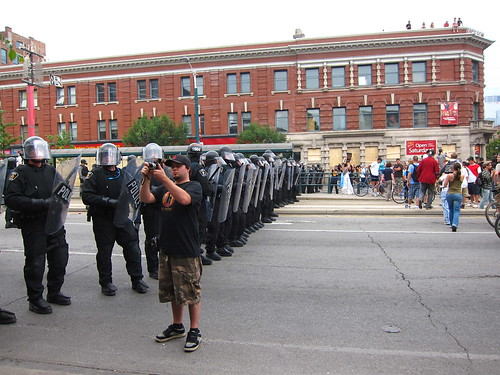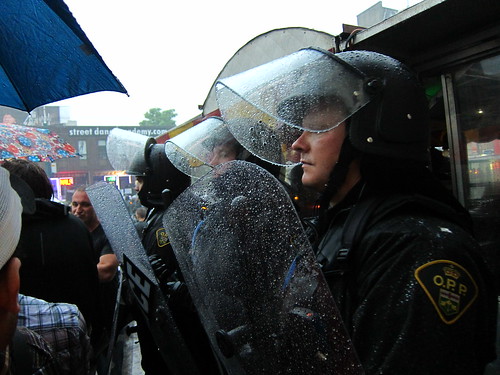Who remembers their high school commencement speaker? Or what he or she talked about? I do. 15 years ago, at my high school graduation, Dr. John Hull did a speech that has stuck with me. He spoke about the importance of character and shared a John Wooden quote:
“Ability may get you to the top, but it takes character to keep you there”
It’s no secret that Gen Y’s (those born between early 1980s and mid 1990s depending on the study) have a bad rap in the workforce for being entitled. I was born in 1981 and fall into this generation and seeing that I’m at the beginning of this generation, I've gone through some character building lessons (mostly ingrained in me from Chinese parents and some from humbling experiences at work and play) that I’d like to share, particularly with those who will soon be graduating and entering the workforce.
- Remember your manners. This is a good general rule for life but in this case I’m talking about your interactions with recruiters and hiring managers. Especially new grads who already have a job lined up after school or are sought after because of your abilities, good character in these situations go along way. Be engaged and be polite when you turn down job offers you are not interested in. I’ve seen so many new grads be rude to those trying to woo them. Rudeness is a sign of how short-sightedness because 1) you don’t know who that hiring manager/recruiter knows and 2) people move around and constantly have different roles they are trying to fill. In the future, this person may hold the job of your dreams at the company you have been dying to get into.
- Work ethic is different from ethics. You probably took an ethics class in university but work ethics is something different. Ethics is about doing the right thing (important, yes) but work ethics is about valuing hard work and diligence. More and more companies, especially technology companies including the organization I work for, are upping their game in terms of fun factor. (At RL, we have a gym, a full Irish pub with open bar 24/7, free food and drinks, ping pong stadium, etc.) For someone just entering into the workforce I can understand that it may be confusing about what the company wants you to do… work or play? But don’t confuse casual work environments with casual work ethics. Particularly in relaxed work environments, good work ethic and character is even more important. Remember, ability got you in the door. Character is what keeps you there.
- Doing meaningful work sometimes includes work that you don’t like to do. Sometimes the work you are assigned includes things that are not fun, like counting how many pens we have in the marketing closet or doing manual data entry or cleaning a spreadsheet. I know it sucks but it is not beneath you. Everyone has stuff in their job that sucks. Sometimes I have to manually clean stuff in our database so others can have clean data. It sucks but it’s important and if I don’t do it, no one else will and it’s the right thing to do.
Also, it helps if your manager gives you context in why this is important (see my post on management and mentorship here), but if they don’t then you should ask (in a non-whiny way) for example, “I’m curious, how do these pens/data/spreadsheet get used?”
- Give credit where credit is due. There is nothing worse than not acknowledging the people who helped you achieve your success. It’s tempting to take all the glory but, not only is it dishonest, if you keep telling everyone you did it all yourself, you’ll find yourself truly having to do it by yourself because people will stop wanting to help you.
I can’t stress enough how important good character is. The colleagues that I respect the most are those who understand the importance of good work ethics and good character.
“Be more concerned with your character than your reputation, because your character is what you really are, while your reputation is merely what others think you are.”






